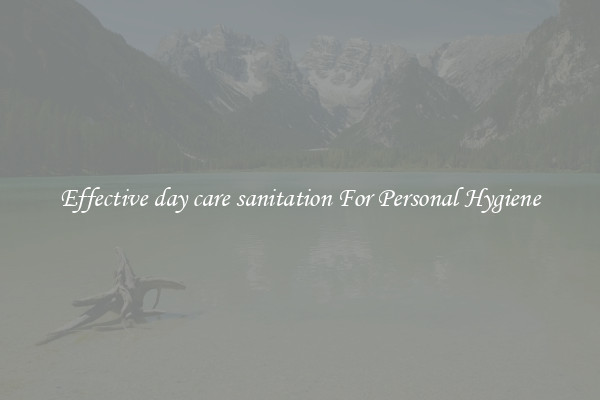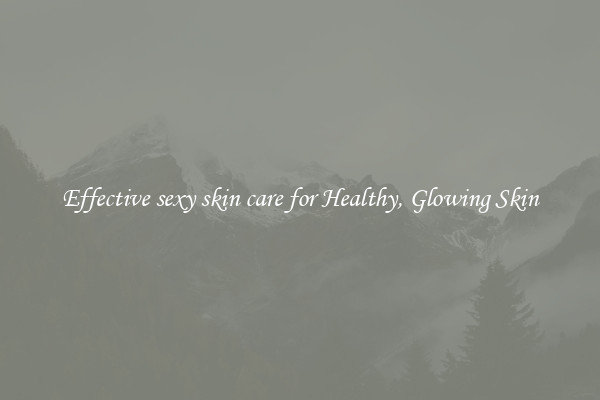Effective day care sanitation For Personal Hygiene
Effective Day Care Sanitation for Personal Hygiene

When it comes to daycare facilities, one of the most critical aspects that cannot be overlooked is sanitation. Maintaining a clean and hygienic environment is crucial for the health and well-being of both children and staff. In a daycare setting, where children are in close proximity to one another, the risk of spreading germs and infections is higher. Therefore, implementing effective day care sanitation practices is essential to ensure personal hygiene.
Regular hand washing is perhaps the most crucial and effective practice for personal hygiene. In a daycare, children come into contact with various surfaces and objects, which can harbor bacteria and viruses. Encouraging proper hand hygiene among both children and staff is key to preventing the spread of germs. Handwashing should be promoted before and after eating, after using the restroom, and after any activities involving contact with potentially contaminated surfaces.
Cleaning and disinfecting frequently touched surfaces is another essential practice for day care sanitation. These surfaces include tables, chairs, doorknobs, light switches, and toys. Using appropriate cleaning agents and disinfectants that are effective against common viruses and bacteria is a must. Surfaces should be cleaned and disinfected regularly, preferably multiple times a day, to minimize the risk of contamination.
Proper food handling and storage are also vital in maintaining personal hygiene in day care facilities. Food should be stored at appropriate temperatures and prepared in clean and sanitary conditions. Staff members involved in food preparation should follow strict hygiene practices, such as proper handwashing, using clean utensils, and wearing gloves when necessary. Regular monitoring and inspection of food storage areas and refrigerators should be conducted to ensure food safety.
Personal grooming and hygiene practices should be encouraged among both children and staff. Children should be taught the importance of covering their mouths and noses when coughing or sneezing, using tissues or their elbows. Staff should also exemplify proper personal hygiene practices, such as wearing clean clothing, keeping nails short, and refraining from wearing excessive jewelry.
In addition to these practices, education and communication play a vital role in maintaining personal hygiene in day care facilities. Informing parents and staff about the importance of hygiene practices, providing training on proper handwashing techniques, and creating awareness about hygiene-related issues are essential in ensuring everyone's commitment to maintaining a clean and healthy environment.
In conclusion, effective day care sanitation practices are crucial for personal hygiene in daycare facilities. Regular handwashing, cleaning and disinfecting surfaces, proper food handling, personal grooming, and effective education are all crucial components of maintaining a clean and healthy environment. By implementing these practices, daycare facilities can ensure the well-being of children and staff, minimize the risk of infections, and create a safe and hygienic space for children to learn and grow.

View details

View details

View details

View details








